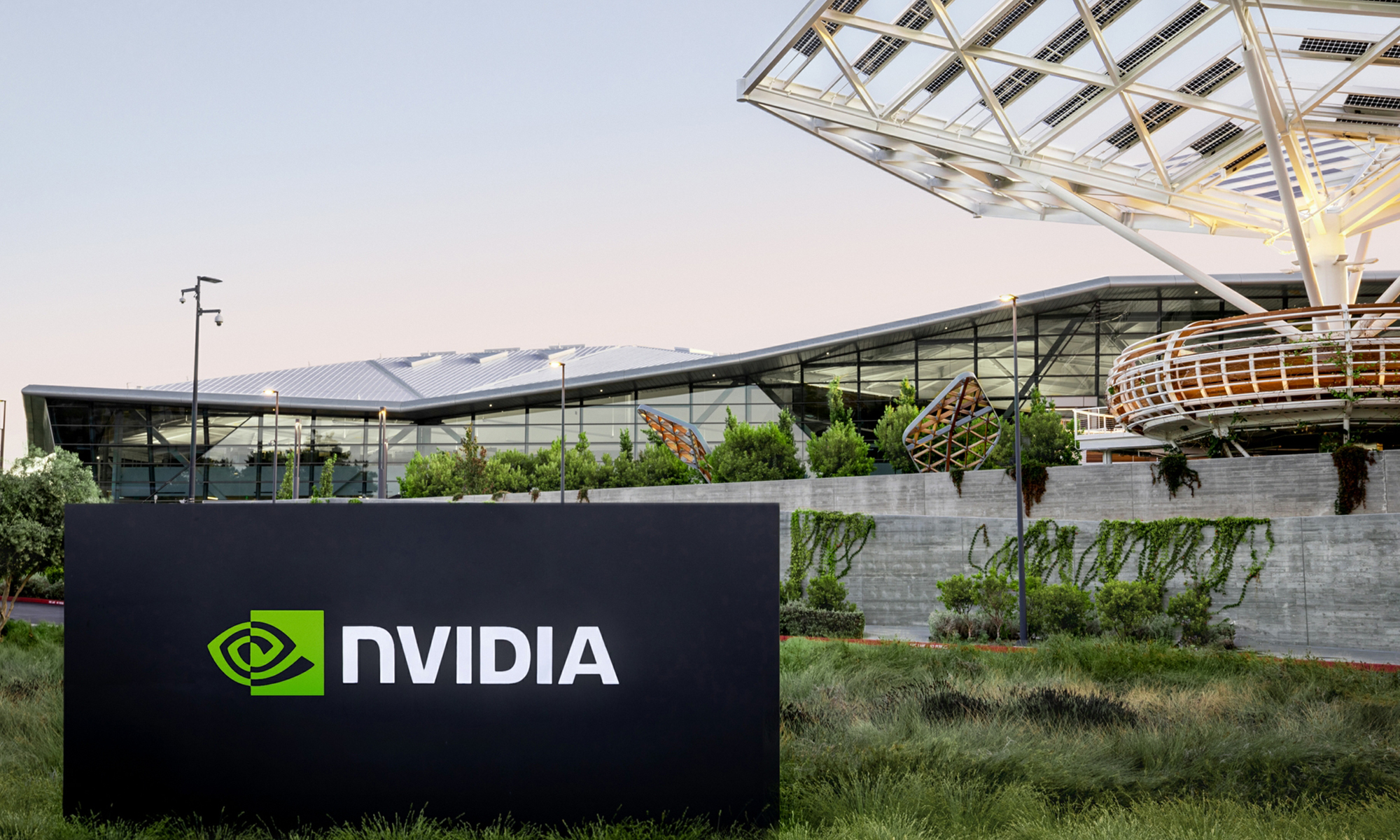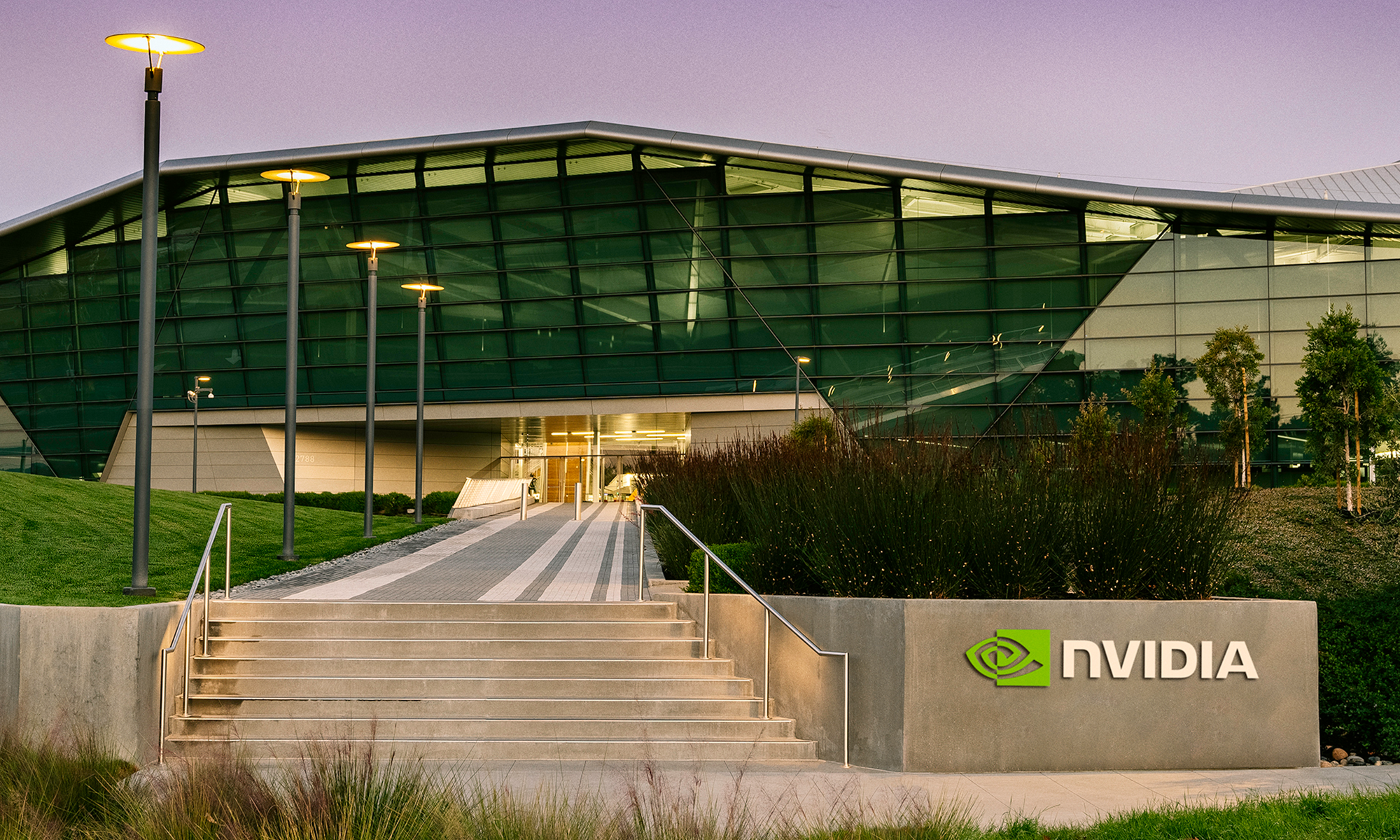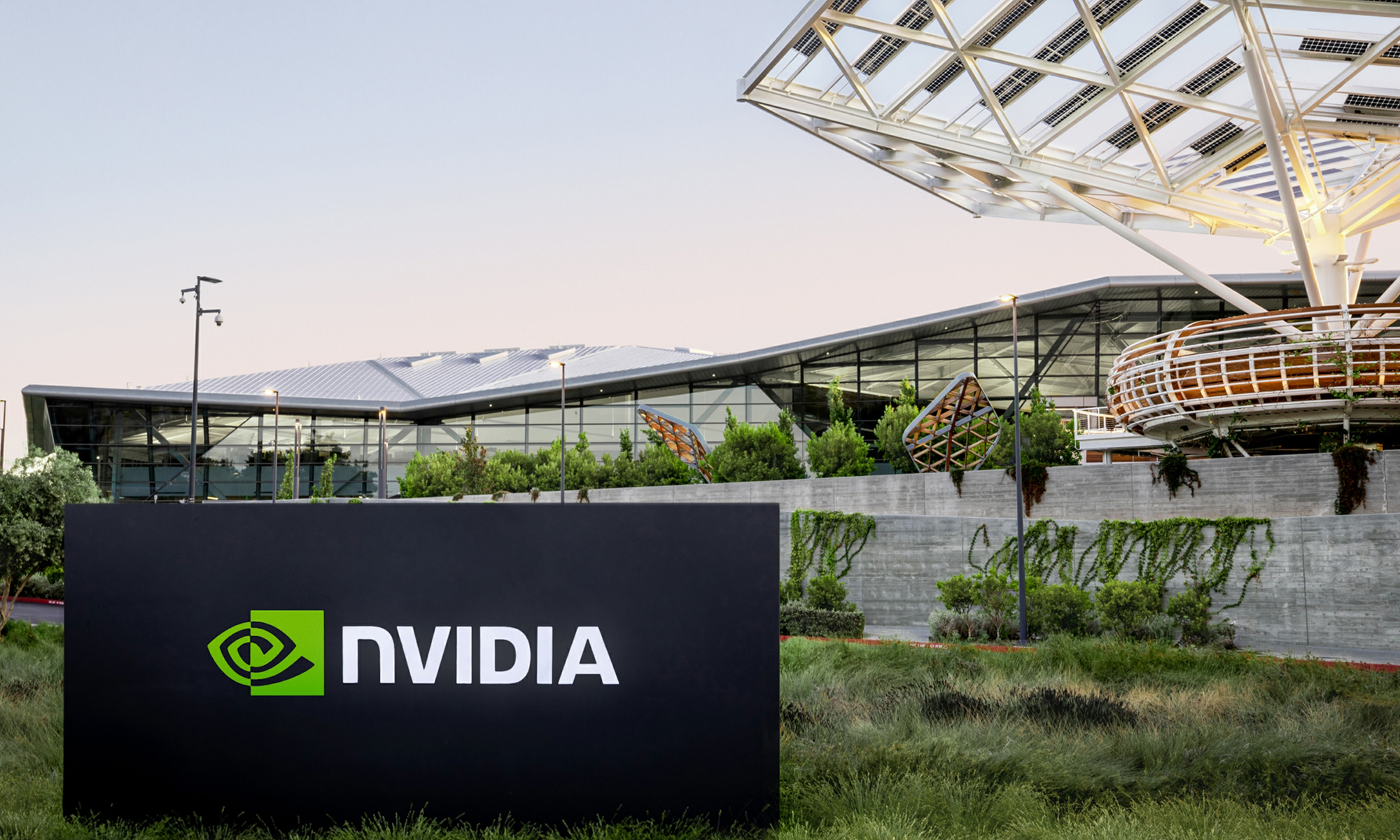Semiconductor company Nvidia (NVDA 0.10%) has been a shining star of the artificial intelligence (AI) boom. The stock has advanced more than 800% since January 2023, and the Trump administration's recent decision not to enforce the so-called Framework for AI Diffusion could lead to more share price appreciation.

Image source: Getty Images.
The Commerce Department rescinded the Framework for AI Diffusion
The Commerce Department during the final days of the Biden administration announced the Framework for Artificial Intelligence (AI) Diffusion, far-reaching rules that limited or prevented the sale of advanced semiconductors in most countries, including some United States allies.
Importantly, the AI Diffusion framework expanded on previously imposed export controls by dividing countries into three tiers with varying degrees of access to U.S. technology:
- First-tier countries were allowed to import advanced AI chips without limit; this group includes 18 close allies, such as Australia, Canada, France, Germany, Japan, South Korea, Taiwan, and the United Kingdom.
- Second-tier countries were permitted to import a limited number of advanced AI chips; this group included most of the world, even countries that were generally on good terms with the U.S., such as India, Israel, Saudi Arabia, Singapore, and Switzerland.
- Third-tier countries were prohibited from importing advanced AI chips; this group included arms-embargoed geographies like China, Iran, North Korea, and Russia.
Nvidia slammed the AI Diffusion rule in a blog post:
Built on American technology, the adoption of AI around the world fuels growth and opportunity for industries at home and abroad. That global progress is now in jeopardy. The Biden administration now seeks to restrict access to mainstream computing applications with its unprecedented and misguided 'AI Diffusion' rule, which threatens to derail innovation and economic growth.
The AI Diffusion rule was set to take effect on May 15, 2025, but the Trump administration this week chose to scrap the framework. The Commerce Department said the AI Diffusion rule would have stifled American innovation and undermined diplomatic relations with dozens of countries. Instead, Citigroup analysts think the Trump administration will negotiate export rules on a country-by-country basis.

NASDAQ: NVDA
Key Data Points
Nvidia recently struck AI infrastructure deals with Saudi Arabian companies
President Trump recently toured the Middle East, during which a number of U.S. technology companies struck deals with Saudi Arabia that would been complicated or prohibited by the Biden administration's AI Diffusion framework. Nvidia is one of those companies, but the list also includes AMD, Alphabet, Amazon, and Super Micro Computer.
Nvidia and Saudi Arabian company Humain will collaborate to build AI data centers. The initial phase will involve 18,000 Nvidia Grace Blackwell superchips -- which combine Grace CPUs and Blackwell GPUs -- and InfiniBand networking. Additionally, Humain will deploy Nvidia's Omniverse simulation software to test physical AI solutions.
Nvidia will also collaborate with the Saudi Data & AI Authority (SDAIA), a government agency that aims to position Saudi Arabia as a global leader in artificial intelligence. SDAIA will deploy 5,000 Nvidia Blackwell GPUs to build a sovereign AI factory, meaning secure data center infrastructure not controlled by foreign countries.
Importantly, many investors had largely written off the Middle East as a significant source of GPU demand due to the AI Diffusion rules. So, the recent rescission is good news for Nvidia shareholders because it opens a new market for the company. But Nvidia is still facing headwinds. Most notably, the Trump administration recently restricted the sale of H20 GPUs to China.
Wall Street says Nvidia stock is worth buying
Wall Street is overwhelmingly optimistic where Nvidia is concerned. Among the 69 analysts who follow the company, 87% have a buy rating on the stock and the median target price is $160 per share. That implies 18% upside from the current share price of $135.
Importantly, Wall Street's consensus estimate says Nvidia's adjusted earnings will increase 46% over the next four quarters. That makes the current valuation of 45 times earnings look quite reasonable, especially because the company beat the consensus earnings estimate by an average of 7% in the last four quarters. Patient investors who want more exposure to Nvidia should consider buying a few shares today.





